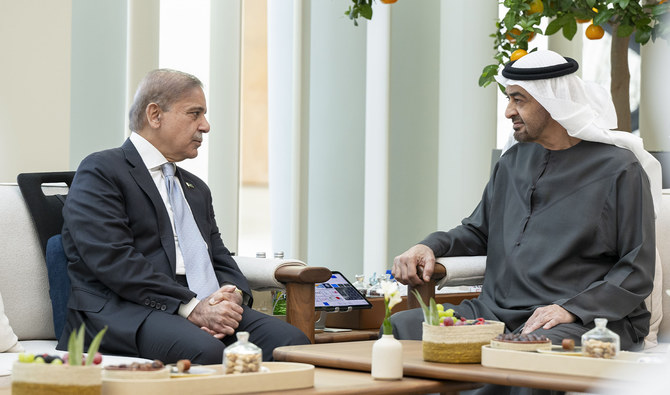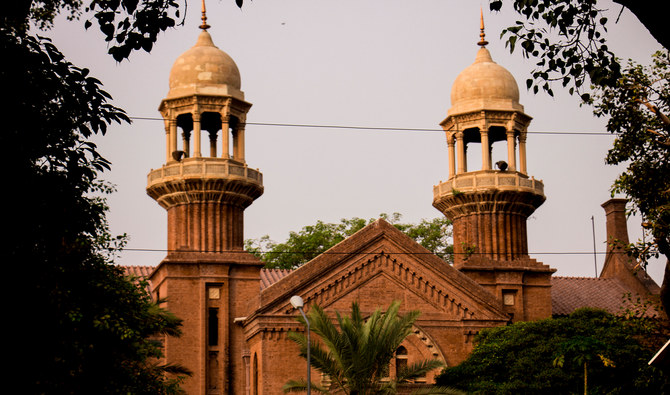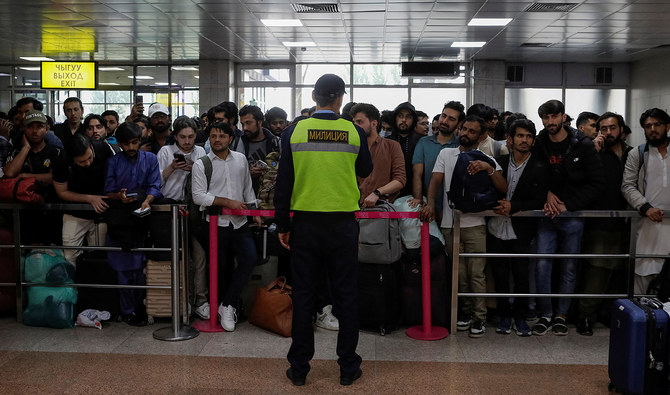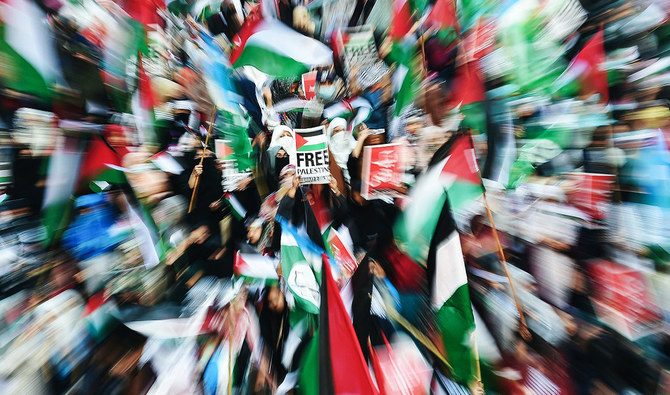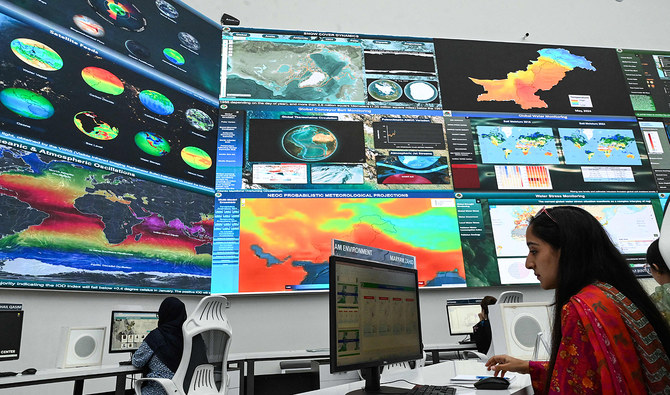KARACHI: The handling of a Pakistani port terminal by the Abu Dhabi Ports (AD Ports), a leading UAE port operator, will increase Pakistan’s revenue generation by up to $7 million a year, Pakistan’s maritime affairs minister said on Friday, adding it would pave the way for an additional $2 billion investment in the South Asian country's maritime sector.
In a landmark development on Thursday, AD Ports Group and the Karachi Port Trust (KPT) signed a 50-year concession agreement for the former to operate a terminal in the southern Pakistani port city of Karachi.
The deal comes at a time when Pakistan, reeling from an economic crisis, is desperately looking for external financing, with its reserves dipping to alarmingly low levels and the prospect of a default looming large.
Under the agreement, the Pakistan International Container Terminal (PICT) will be operated by a joint venture between AD Ports, as a majority shareholder, and Kaheel Terminals, a UAE-based company that has been formed to manage, operate, and develop the Karachi Gateway Terminal Limited's (KGTL) berths 6-9 at the port’s east wharf.
“Abu Dhabi Ports is going to invest in the reinforcement and restructuring, acquire more area, provide us more revenues and royalty, while also increasing the per box movement by 12.5 percent," Pakistan's Maritime Affairs Minister Faisal Subzwari told Arab News in Karachi on Friday.
“On the whole, our revenue is going to be increased at least by $5 million to $7 million per year and we see more and more enhanced revenues when they attract more and more business to that particular container terminal.”
Under the agreement, the KPT will receive $18 royalty on every shipping container, according to Subzwari. The UAE firm will pay $50 million upfront to the Karachi Port and will invest $102 million for its expansion in the next three to five years.
The joint venture will undertake significant investments in infrastructure and superstructure over the next 10 years, with the bulk of it planned for 2026, according to AD Ports. The development works will include the deepening of berths, an extension of quay walls, and an increase in the container storage area. As a result, the terminal will be able to handle post-panamax class vessels of up to 8,500 TEUs (Twenty-Foot Equivalent Units) and container capacity will increase from 750,000 to 1 million TEUs per annum.
This expansion and enhancement is expected to further cement the terminal and Karachi's position as a key player in the global maritime industry.
Subzwari said the UAE port operator had also expressed its interest in investing over $2 billion in Pakistan, including in a railway link between the country’s two main ports.
“I have their expression of interest from bulk dry cargo terminal to more and more berths at Karachi Port, Karachi Port to Port Qasim railway connectivity network as well as the industrial park at Port Qasim,” he said.
"So, on the whole, it is more than $2 billion expression of interest,” he said. “So, it is good news for Pakistan."
The minister termed the arrival of AD Ports to Pakistan a “very significant” development for the uplift of the country’s maritime sector.
“The footprint of Abu Dhabi Ports at Karachi Port itself is very significant,” Subzwari said. “An international player, a giant in the sovereign wealth fund, is here now, which means that they have confidence in the health of Pakistan's economy or other prospects of Pakistan's economy.”
The arrival of AD Ports will also help improve the financial position of Karachi Port, he added.
The UAE is one of Pakistan’s leading regional trading partners, accounting for over 40 percent of Pakistan's trade with Arab countries and with non-oil exports from the UAE to Pakistan valuing at nearly $1.3 billion in 2022, according to the Pakistani ministry of state for foreign trade.
Additionally, re-exports from the UAE to Pakistan amounted to $2.9 billion, reflecting a 7.7 percent growth as compared to 2021.




